UK-Russia tensions on attempted Murder of an EX-Spy
Great Britain and Russian relations may have fallen into the depths of unfaithfulness as UK on Friday speculated that Putin and Russia ordered the poisoning of Sergei Skripal (an Ex Russian Spy) and his daughter Yulia.

Do you have similar website/ Product?
Show in this page just for only
$2 (for a month)

0/60
0/180
UK-Russia tensions on attempted Murder of an EX-Spy
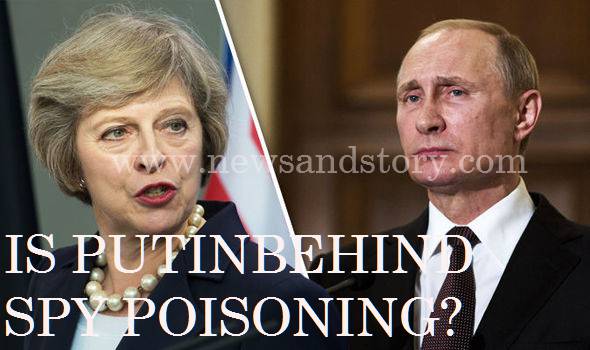
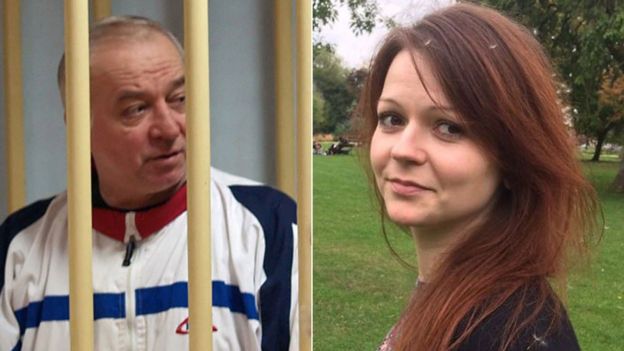
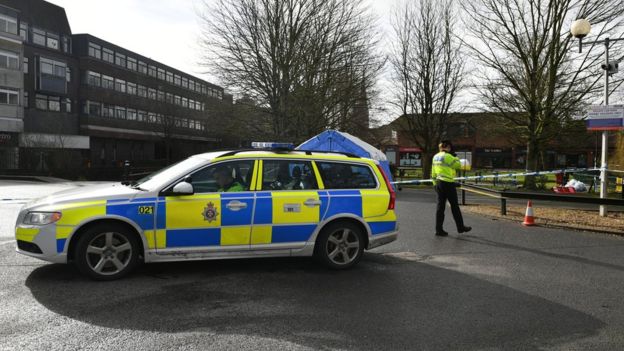
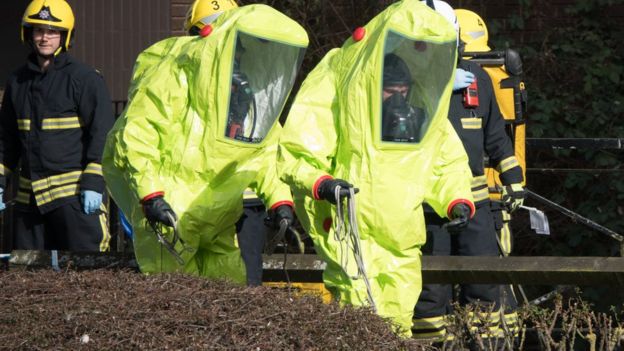
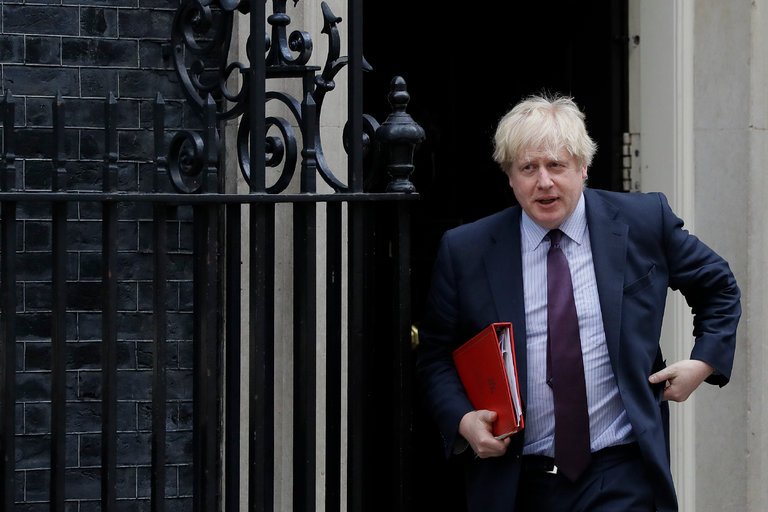
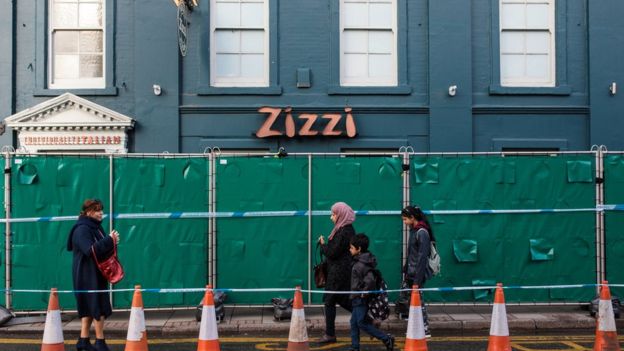
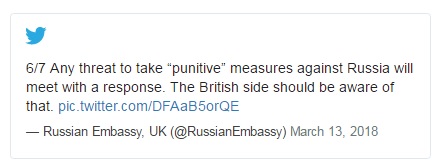
Great Britain and Russian relations may have fallen into the depths of unfaithfulness as UK on Friday speculated that Putin and Russia ordered the poisoning of Sergei Skripal (an Ex Russian Spy) and his daughter Yulia.

UK Foreign Secretary, Boris Johnson on Friday said that, ?Russian President Vladimir Putin is overwhelmingly likely to have ordered the nerve agent attack on an ex-spy and his daughter. We think that it was his decision to direct the use of a nerve agent on the streets of the UK, on the streets of Europe, for the first time since the Second World War?.
When did the accident take place?
Russian ex-spy Sergei Skripal and his daughter Yulia Skripal were found unconscious on a bench in the Wiltshire city on 4 March. Sergei Skripal, 66, and his daughter Yulia Skripal, 33, remain critically ill in hospital; The UK government says they were poisoned with a nerve agent of a type developed by Russia called Novichok.

? Yulia Skripal flew into London's Heathrow Airport on a flight from Russia at about 14:40 GMT on 3 March
? On 4 March, at about 09:15 GMT, Mr. Skripal's car was seen in Salisbury, Wiltshire in the area of London Road, Churchill Way North and Wilton Road
? At 13:30 GMT his car was seen driving down Devizes Road, towards the town centre
? Mr. Skripal and his daughter arrived at the Sainsbury's upper level car park at the Maltings shopping precinct at 13:40 GMT
? Police said the pair went to The Mill pub before going to Zizzi restaurant at 14:20 GMT, staying until 15:35 GMT.
? At 16:15 GMT emergency services received the first report of an incident. Police found the pair on a bench outside Zizzi in an "extremely serious condition"

Russia's investigative committee said it had opened a criminal case investigation into the "attempted murder" of Mr. Skripal. The former Russian spy and his daughter were poisoned by a chemical that is part of a group of nerve agents known as Novichok, UK Prime Minister Theresa May has said.The chemical was identified by experts at the Defence Science and Technology Laboratory (DSTL) at Porton Down.
What are military-grade nerve agents (Novichok)?
Nerve Agents were developed in the Soviet Union.
? The name Novichok means "newcomer" in Russian, and applies to a group of advanced nerve agents developed by the Soviet Union in the 1970s and 1980s.
? They were known as fourth-generation chemical weapons and were developed under a Soviet programme codenamed Foliant. These nerve agents were designed to escape detection by international inspectors.

? Novichok's existence was revealed by chemist Dr Vil Mirzayanov in the 1990s, via Russian media. He later defected to the US, where he published the chemical formula in his book, State Secrets.
? They are highly toxic chemicals that prevent the nervous system from working properly, and can be fatal.Nerve agents take different forms - including powder and gas - but they tend to be a liquid, which can seep through the skin.
What actions has UK made so far?
UK Prime Minister Theresa May has announced the expulsion of 23 Russian diplomats in retaliation for the attack on a former spy and his daughter who were poisoned on British soil with a military-grade nerve agent.

"There is no alternative conclusion other than that the Russian state was culpable," Mrs. May told Parliament, calling it "an unlawful use of force".
Other measures included:
? Increased checks on private flights, customs and freight
? The freezing of Russian state assets where there is evidence they may be used to threaten the life or property of UK nationals or residents
? Ministers and Royal Family members to boycott the World Cup in Russia later this year
? The suspension of all planned high level bilateral contacts between the UK and Russia

By framing the poisoning as a possible "unlawful use of force" by Russia, Theresa May prompted questions as to whether this could be a matter for NATO (North Atlantic Treaty Organization), the military alliance of 29 countries. The alliance's policy of collective defence - under Article 5 - states that an attack on any one ally is seen as an attack on all. It was invoked for the first and only time by the United States after the 9/11 attacks.
The UN Security Council held an emergency meeting at the UK's request, where British deputy ambassador Jonathan Allen said Russia had used "a weapon so horrific that it is banned in war".
What is Russian response to this?
Russia has denied involvement in the attempted murder of Sergei Skripal, 66, and his daughter, Yulia, 33, on 4 March. The Russian embassy said the decision was "unacceptable, unjustified and short-sighted".

Russia responded to the UK sanctions by saying it would expel 23 British diplomats, as well as closing the British Council in Russia and the British Consulate in St Petersburg.
CONTINUE READING
International
News
Politics
Crime
Sandeep Semwal
Content Writer
